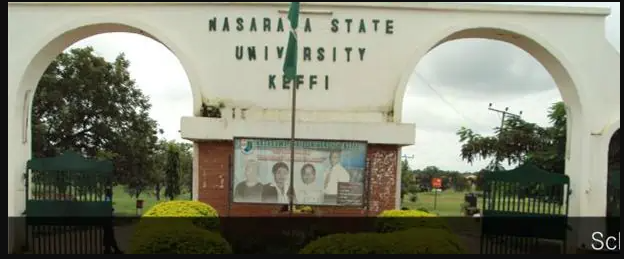Leading civic watchdog, Corporate Accountability and Public Participation Africa (CAPPA), has sharply criticised the University of Ibadan (UI) for the suspension of three student leaders, describing the action as an attack on free speech and student activism.
In a strongly worded statement issued Wednesday by Robert Egbe, CAPPA’s Media and Communications Officer, the group condemned the four-semester suspension of Ayodele Aduwo and Mide Gbadegesin, as well as the disqualification of Nice Linus from the university’s Student Representative Council (SRC). All three students were reportedly targeted for their role in protests against tuition fee hikes.
“These are bright, committed students with solid academic records who have been harassed, arrested, and demonised simply for holding placards that said ‘No To Fee Hike.’ That is not discipline — it’s persecution,” the statement read.
According to CAPPA, the sanctions followed disciplinary proceedings on July 14, 2025, where Aduwo and Gbadegesin were penalised for participating in demonstrations against a 500% to 1000% tuition increase, with some students now paying as much as ₦412,000, up from ₦69,000. The civic group described the response by UI authorities as heavy-handed and authoritarian, accusing the institution of suppressing legitimate dissent.
CAPPA also decried the treatment of Nice Linus, who was elected earlier this year to the SRC but later disqualified and forcibly removed from the venue of her swearing-in ceremony due to a pending disciplinary case. The group insists the action violates the UI Student Union Constitution, which only disqualifies candidates found guilty of gross misconduct.
“Nice hasn’t been convicted of anything. Her removal was not only premature but unlawful,” CAPPA said. “It reveals a deeper agenda to silence any voice of resistance.”
The group further stated that UI’s disciplinary actions violate Sections 38 and 39 of the Nigerian Constitution, which guarantee freedom of thought, conscience, and expression. CAPPA’s Assistant Executive Director, Zikora Ibeh, criticised the university’s leadership for prioritising control over student welfare.
“It’s outrageous that UI, once a symbol of progressive learning, is now prioritising surveillance and crackdowns over academic freedom,” Ibeh said.
CAPPA also highlighted the economic desperation driving the protests, noting that many students from low-income backgrounds are struggling to cope with the fee increase. Ibeh cited distressing reports of students resorting to selling their eggs to fertility clinics just to stay in school.
“This crisis is not just financial; it’s deeply moral,” she said. “Instead of helping struggling students, the university is criminalising those brave enough to speak up.”
Describing the suspended students as “voices of conscience”, CAPPA demanded their immediate reinstatement and held the university responsible for any harm they may have suffered. The group warned that the shrinking of civic space on university campuses reflects a broader national crisis of repression.
“These students are not criminals. Their punishment is an indictment on the university’s current leadership,” CAPPA said.
The group called on civil society organisations, labour unions, alumni, and defenders of academic freedom to rally behind the students and resist the erosion of free expression in Nigerian institutions.
“The University of Ibadan once stood tall as a defender of truth and justice. Today, it’s betraying that legacy by targeting young people who dare to question the system.”
CAPPA vowed to sustain public pressure on UI until justice is served.

